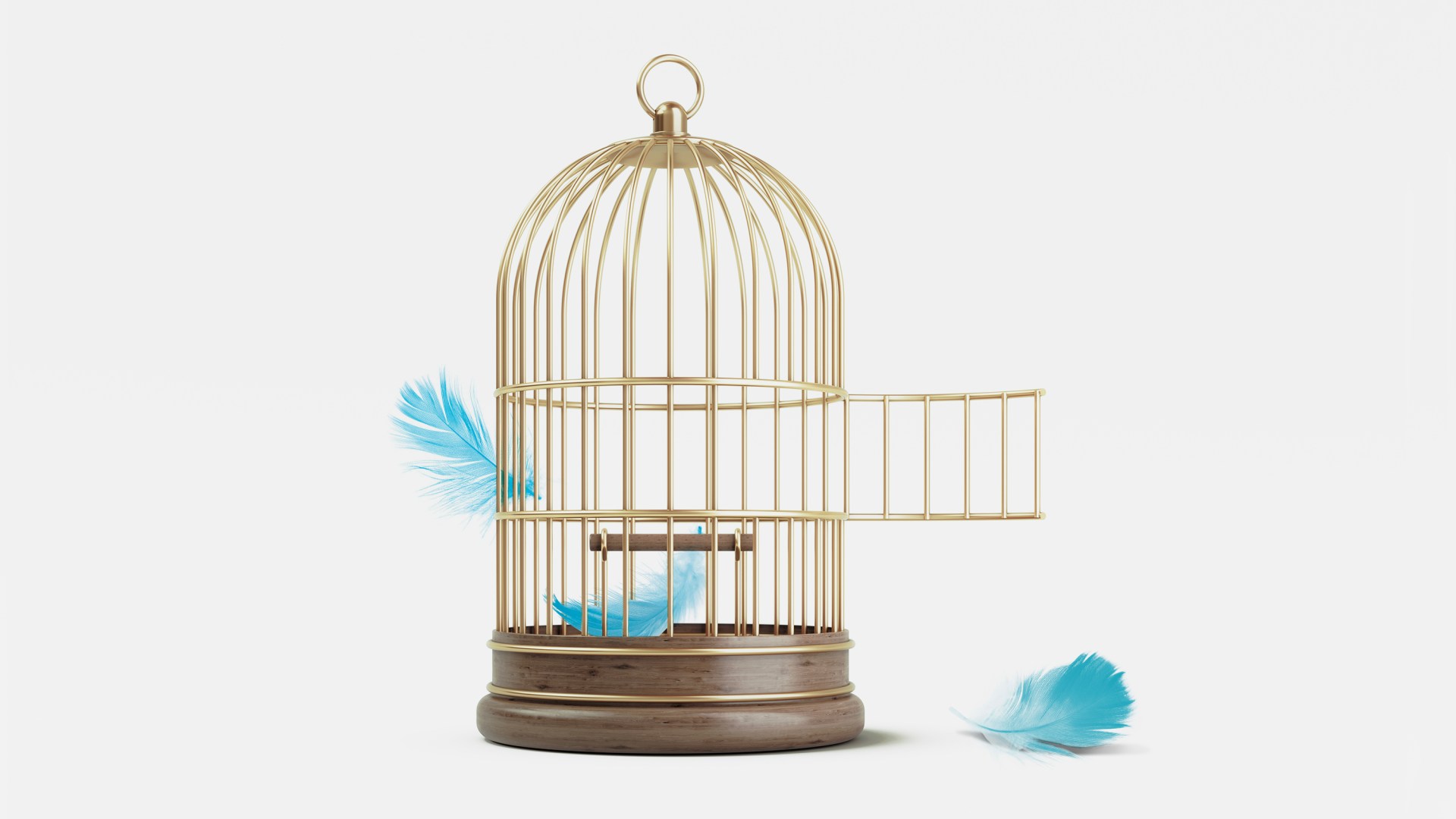When billionaire Elon Musk assumed leadership of Twitter in late October, I was ambivalent. When top executives left almost immediately and Musk made dramatic layoffs, I began to feel nervous. But then came a new verification system that quickly failed and cost companies billions of dollars.
Now, two weeks later, I find myself deeply saddened by the chaos he continues to unleash. Unlike the entrepreneur’s other ventures (Tesla or SpaceX), Twitter is not a tech company. It’s a community.
Twitter Inc. may own and maintain the land on which we live, but users are what make it great. And leading that kind of community means understanding how people—not just systems—work. It means learning how to cultivate space to let people thrive. When I first joined Twitter ten years ago, I was a stay-at-home mom to small children, a pastor’s wife in a rural community, and a hobby blogger. My tweets reflected my life: comments about my kids, the church, gardening, and sometimes the latest evangelical controversy. (In late 2012, it happened to be Rachel Held Evans’s A Year of Biblical Womanhood.) While other moms gathered on Facebook and Instagram, I found a home on “the bird site.” There, I discovered ideas and debates that were shaping culture and the church. Had these conversations transpired in person, my place, age, socioeconomic status, educational status, and domestic life would have limited my ability to engage. But Twitter’s digital public square invited me in to them.
As Chinese artist and activist Ai Weiwei put it in 2010, “Twitter is the people’s tool, the tool of the ordinary people, people who have no other resources.”
Soon enough, I found myself talking with top scholars, experts in their fields, and new friends from all around the world. Somewhere along the line, I learned to thread tweets and discovered the joys of microblogging.
Today, I am the author of five books. I’m regularly invited to speak around the country and the world. And as of last August, I returned to divinity school. None of that would have happened without Twitter. But even as I look over my current feed, the light touch remains. I’m still a mom and still involved in ministry. I live in the same place I did ten years ago. I occasionally get swept up in the latest controversy, but for the most part, Twitter is a delightfully diverse place that challenges and encourages me.
A conversation about the nature of the Trinity can quickly give way to sharing a pie crust recipe. My feed includes updates from medieval scholars, investigative journalists, and Welsh sheep farmers. I have DM conversations that have been going on for a long time. Over the years, Twitter has challenged my understanding of the world by granting me proximity to people and stories I wouldn’t necessarily have encountered in my own circles. In 2013, I learned of the brutalities committed by abortion doctor Kermit Gosnell, despite the media’s hesitation to cover them. In 2019, I experienced true grief at the passing of Evans, whom I’d first met through online disagreement but whose deep humanity bridged our divides. And it was on Twitter that someone patiently explained the nature of systemic racism to me. Some users worry about how Twitter flattens the norms of engagement. After all, if you walk into a university or a church, you won’t have access to professors and pastors in the same way you do on social media. In the words of Atlantic writer Charlie Warzel, I too “got at least one job because I was overzealous and presumptuous enough to start interjecting myself into conversations I probably had no business in.” But for me, that’s exactly the genius of Twitter: Folks outside the institutional establishment can worm their way into the conversation. Folks who don’t live around other Christians can find community. And folks who have no way of making their voices heard suddenly can.
Twitter’s accessibility is also why it became a place for reform movements like #MeToo and #ChurchToo. Just as the invention of the printing press led to the Protestant Reformation, platforms like Twitter have allowed people to question the status quo and bring abuses to light.
If I’m honest, my sadness about Twitter’s current disarray probably has less to do with the platform itself and more to do with how it reflects the disarray of our larger society. The past few years have brought immeasurable grief as we’ve watched communities and relationships be torn apart by those responsible to steward them. Instead of cultivating places where people can flourish, leaders have fought to control them. Instead of protecting the most vulnerable, leaders have protected themselves. And instead of building bridges to cross divides, leaders have burnt them down. As parents, pastors, business leaders, and civil servants, none of us “own” the communities we lead. However, we are responsible to cultivate environments that allow others to flourish in whatever God has called them to do. As Genesis 2 puts it, stewardship is the responsibility to “tend and keep” the garden by cultivating, supporting, and protecting the growth that’s already naturally happening (v. 15, NKJV). For over a decade, Twitter has been that place for me. In God’s providence, this unique platform gave me the infrastructure I needed to develop my voice as a writer and my vocation in God’s kingdom.
I don’t know what the future holds for Twitter, but if and when it falls—or more likely, when it becomes uninhabitable—I’ll grieve it the same way I’ve grieved the loss of other communities: grateful for the time we had together, deeply saddened by our parting, and hopeful that God will provide the structures we need to do his good work.
Hannah Anderson is the author of Made for More, All That’s Good, and Humble Roots: How Humility Grounds and Nourishes Your Soul.











